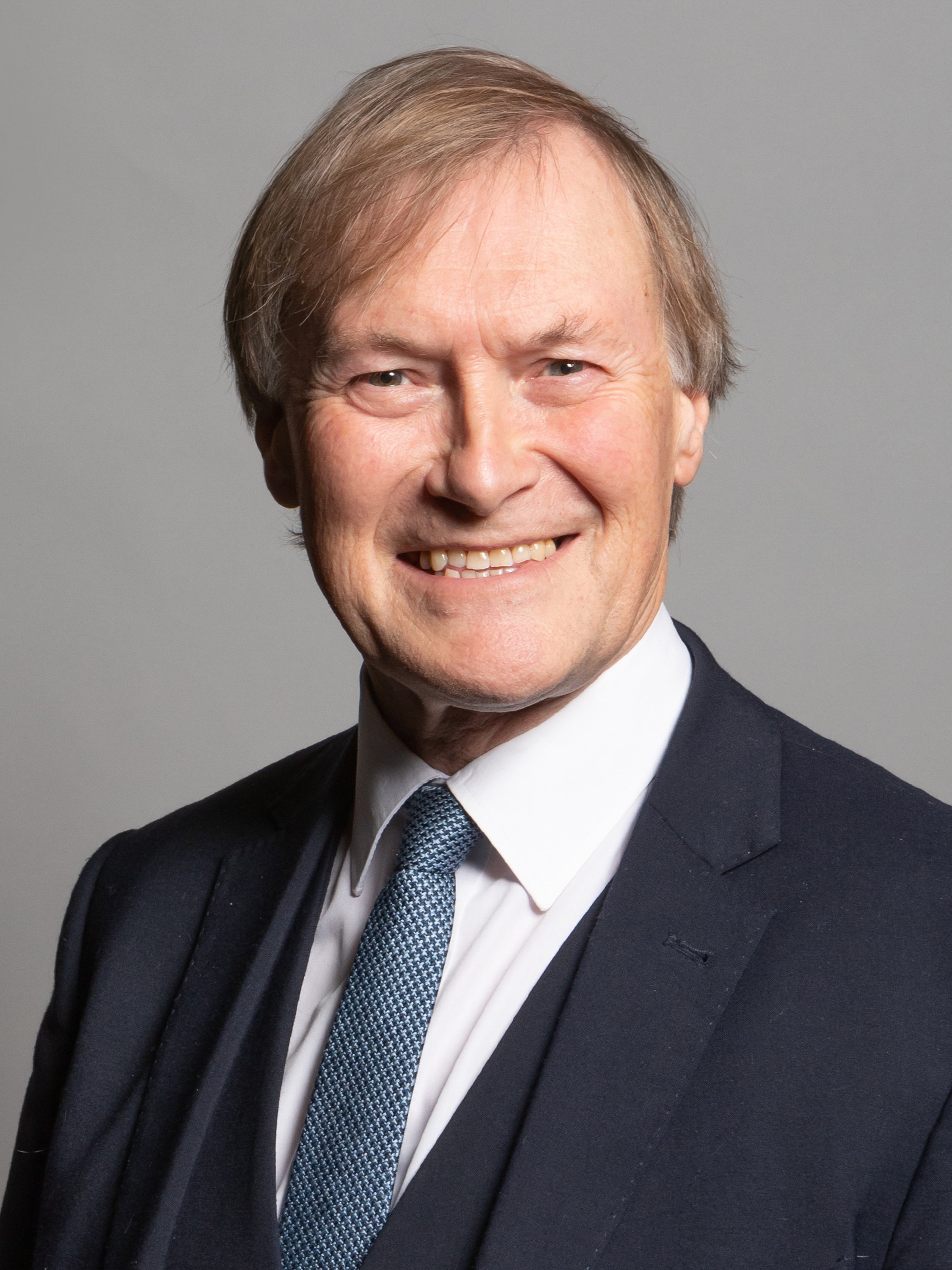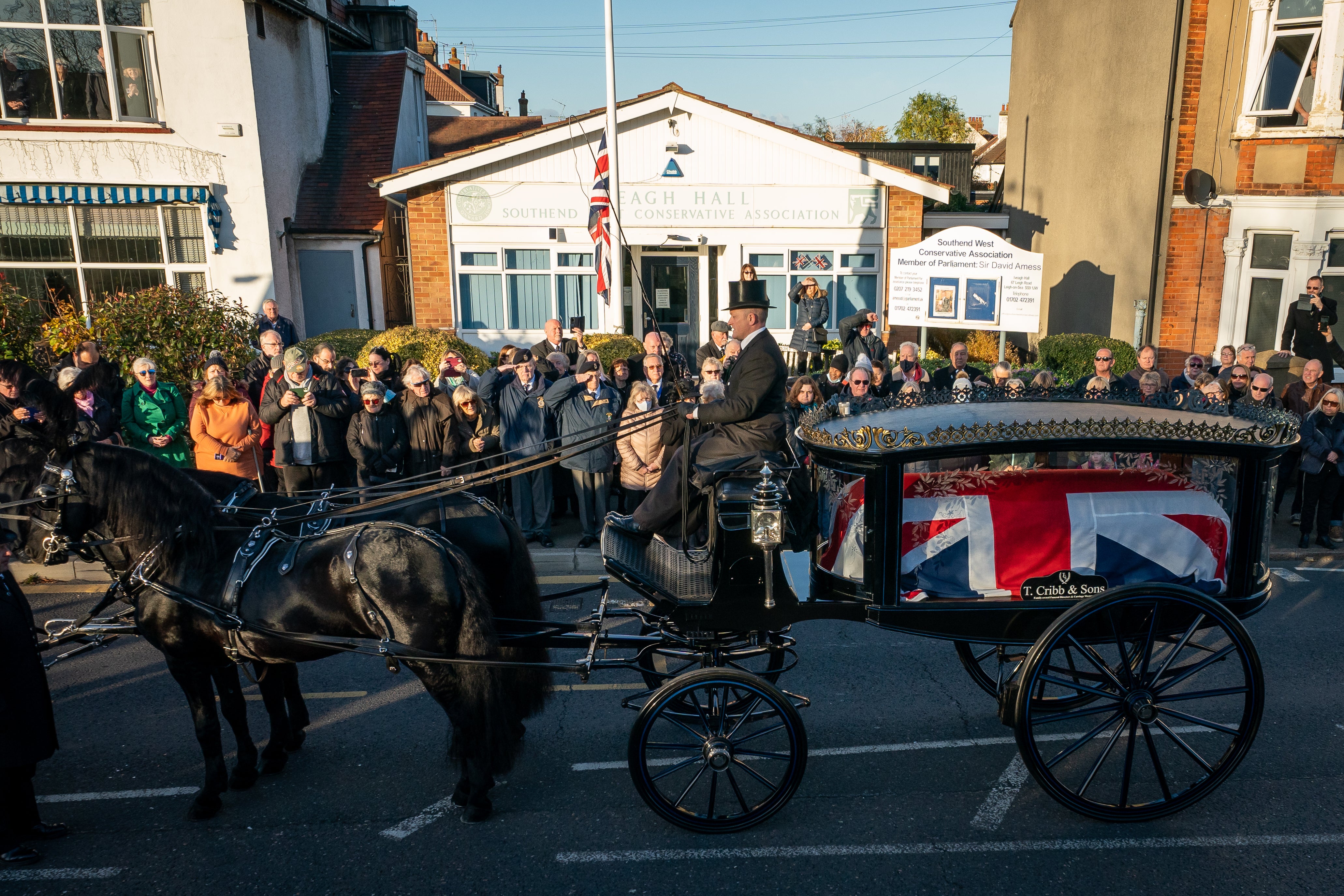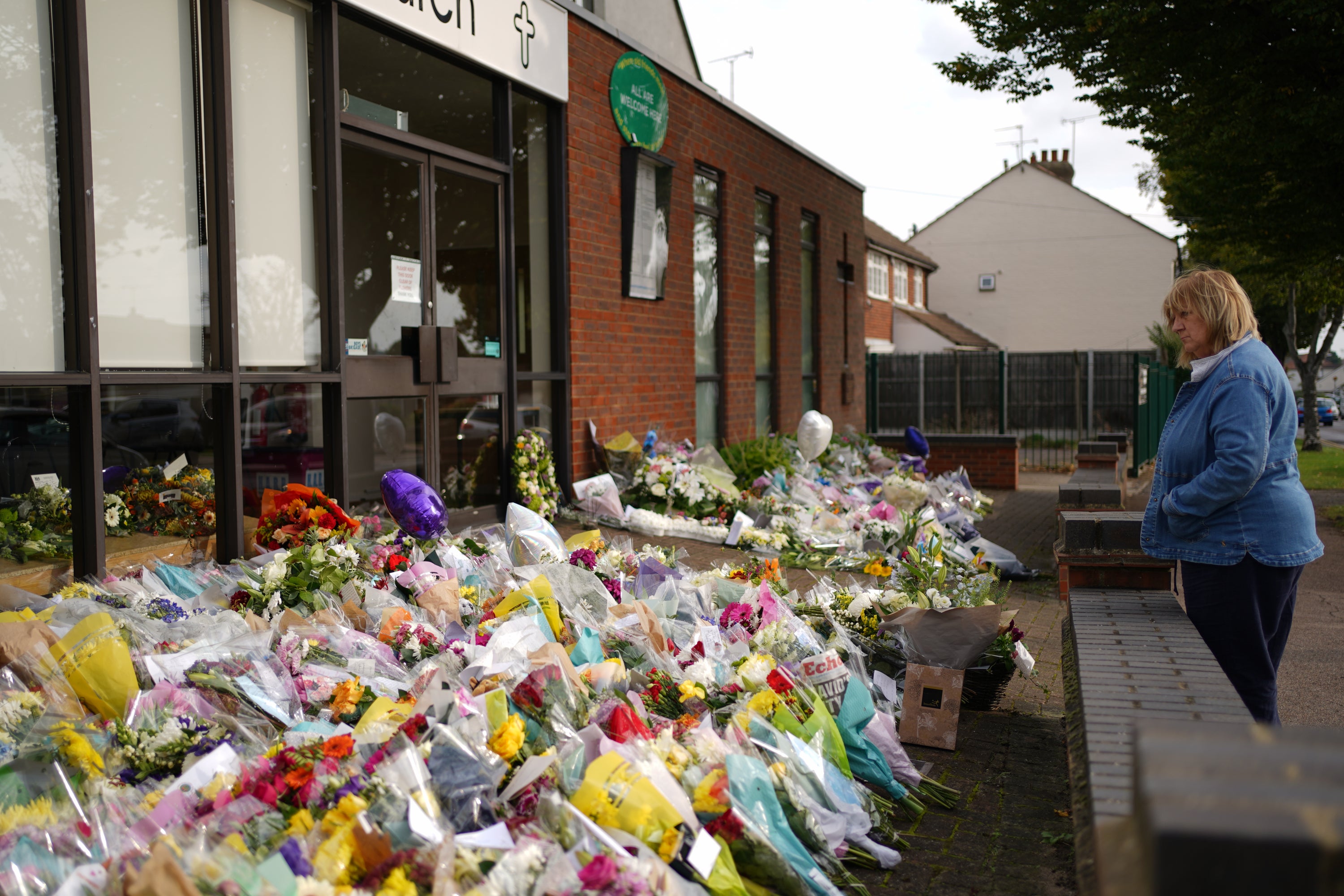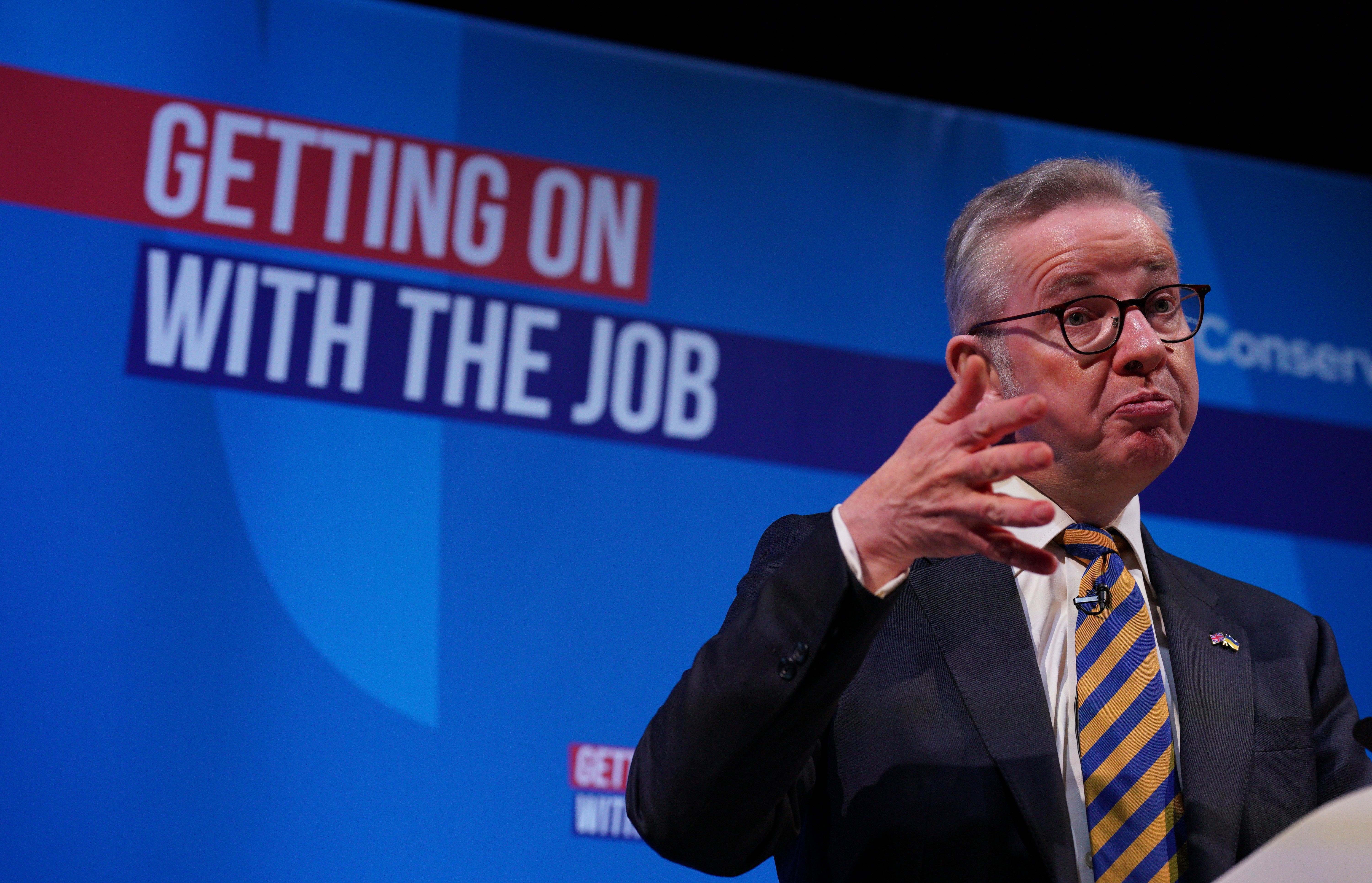
Islamic State lone wolf Ali Harbi Ali secretly plotted his murderous act of terrorism for many years despite being known to authorities, police said.
The 26-year-old Londoner radicalised himself by consuming extremist material online before he stabbed Conservative MP Sir David Amess to death.
Following his conviction, Detective Chief Superintendent Dominic Murphy, said Ali had been involved with the Prevent deradicalisation programme in 2014.

He said: “By Ali’s own admission, and through our thorough investigation, we’ve identified that Ali was subject to Prevent in 2014.
“He spent some time in Prevent and then came out of Prevent and by his own admission, carried on his activity in secret over many years, forming his plan and conducting reconnaissance and focusing his efforts on many MPs.
“We say he was the true example of a committed terrorist and exactly the type of people that we should be focusing our efforts on.”
Mr Murphy said Ali did not engage with anyone else as part of the plot and conducted the attack entirely alone.
“By his own admission, he spent an awful lot of time on the internet as part of his radicalisation journey and his research into conducting this attack,” he said.

Mr Murphy, from the Met’s Counter Terrorism Command, declined to speculate on whether there were any missed opportunities to stop Ali.
He said the issue would be examined in more depth at any future inquest into the death Sir David.
After Ali launched his attack in Leigh-on-Sea, Essex, he was apprehended by two officers armed with batons, the Old Bailey had heard.
Mr Murphy said: “The Essex officers that attended on that day showed immense bravery, challenging an armed terrorist at the scene of a crime.”
The senior officer hailed the members of public who called 999 while remaining “extremely calm” in “very harrowing circumstances”.
In his police interview, Ali went on to give a detailed account of his terrorist activities to officers who “did an amazing job”.

On the wider investigation that followed, he said: “It would be tempting to think this was a relatively simple investigation, given that he was at the scene and armed with a knife.
“But every investigation into a terrorist is really complex, very, very detailed, and needs to be methodical. And that is what has happened here.”
Despite Ali’s apparent confession to police, he had pleaded not guilty to murder and preparing acts of terrorism.
Giving evidence, he appeared unrepentant and said he killed Sir David to stop him “harming Muslims” in Syria.
Mr Murphy said: “I’ve worked in counter-terrorism for 16 years, I found Ali Harbi Ali’s behaviour in court to be quite disgraceful and disrespectful to his victims.
“And I think it’s a it’s a measure of the of him as an individual and I’m pleased to say that on his conviction, he’ll be hopefully spending a considerable amount of time in prison.”
He went on: “I hope Ali Harbi Ali’s conviction will help the family (of Sir David) to bring some closure to the dreadful events that have happened.
“It’s important to remember that Ali Harbi Ali’s attack was an attack against democracy.
“Sir David was helping the community of Essex at the time of his murder and so I hope this trial helps to bring some closure for the family.”
Paying tribute to the veteran parliamentarian, he said: “If ever there was an example of a committed public servant, Sir David is that example, with a loving family and committing his life to the communities of Essex.”
Before the killing, Ali had rejected an earlier plan to attack other MPs at the Houses of Parliament.

He even scoped out the west London home of Cabinet Minister Michael Gove on repeated occasions after arming himself with a knife.
Mr Murphy declined to give details of MPs’ reaction on being told they were targets, but said they co-operated “fully” with the police investigation.
He added: “We provided them with some advice, support and guidance.”
Mr Murphy said counter-terrorism police would continue to work with governments and media and internet firms to prevent others being radicalised online.
He also appealed to the public to remain vigilant and report any concerns.
“Policing in counter-terrorism is about working closely with the public, and the friends and families of those that might be vulnerable to radicalization.”
He added that “public vigilance” played a key role in disrupting terrorism.
Anyone with concerns can contact the website actearly.uk.







